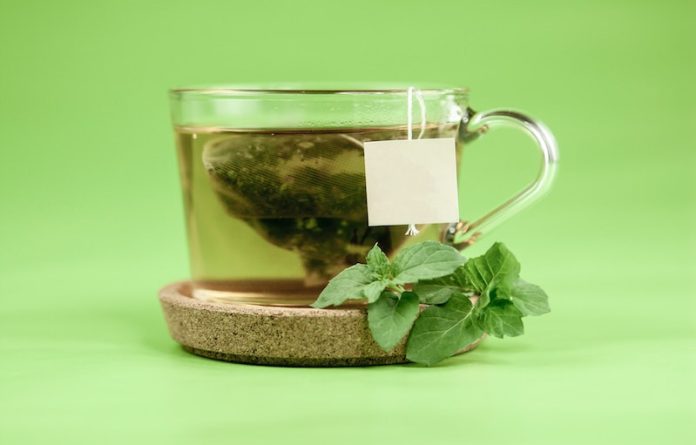
Scientists from Tongji Hospital and elsewhere found that drinking green tea could strongly reduce blood pressure.
High blood pressure, also known as hypertension, is a common disease that develops when blood flows through your arteries at higher-than-normal pressures.
Your blood pressure is made up of two numbers: systolic and diastolic. Systolic pressure is the pressure when the ventricles pump blood out of the heart.
Diastolic pressure is the pressure between heartbeats when the heart is filling with blood.
For most adults, normal blood pressure is less than 120 over 80 millimeters of mercury (mm Hg), which is written as your systolic pressure reading over your diastolic pressure reading — 120/80 mm Hg.
Your blood pressure is considered high when you have consistent systolic readings of 130 mm Hg or higher or diastolic readings of 80 mm Hg or higher.
Green tea as a beverage or dietary supplement is promoted for improving mental alertness, relieving digestive symptoms and headaches, and promoting weight loss.
Green tea and its components, including epigallocatechin-3-gallate (EGCG), have been studied for their possible protective effects against heart disease and cancer.
Previous studies have supported the beneficial effects of green tea intake for lowering blood pressure.
In this review study, researchers aimed to assess the effects of green tea supplementation on blood pressure control.
They reviewed 24 studies with nearly 1700 people. The results showed that green tea strongly lowered systolic BP and diastolic BP.
In addition, no evidence of strong publication bias was found.
The team concluded that overall, green tea strongly reduced SBP and DBP over the duration of the short-term intervention.
They suggest that larger and longer studies are needed to further test the effects of green tea supplementation on blood pressure control.
The research is published in Medicine (Baltimore) and was conducted by Renfan Xu et al.
Copyright © 2022 Scientific Diet. All rights reserved.





